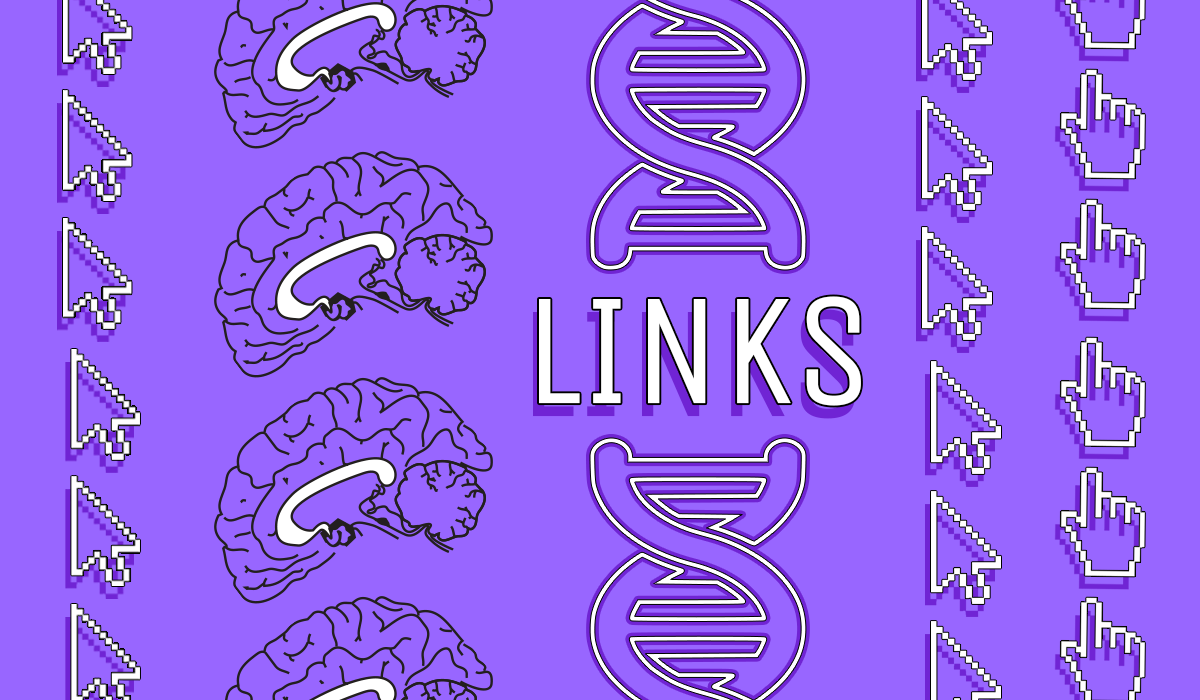LINKS - November 29th, 2023
Welcome to LINKS — my attempt to provide Rhapsody readers with five interesting stories that tell us something about what it means to be human. LINKS is published every Wednesday. Have a link you want to share? Drop it in the comments.
The Chained Reader
“Governments and other state actors are rightly afraid of what these changes may mean for existing social forms and power structures, though seeking to constrain technology by chaining hundreds of millions of minds has not proved itself to be a particularly productive strategy. What does seem clear is that we are approaching a large-scale social crisis that we are bringing upon ourselves, in part through our reluctance to acknowledge the extent to which how the digital revolution and the new habits of reading it is inculcating are themselves radically altering the institutional and intellectual framework of Western liberal societies. The extent to which our inner lives are being flattened and made public—meaning less subject to our own control, and more accessible to direct manipulation and censorship by state and quasi-ecclesiastical actors—should give us pause. The idea that we are exchanging modes of reading that have been largely dominant in Western societies for the past few centuries for new technologically mediated modes of reading that have more in common with the centuries in which books were chained and the life of the mind was seen as a threat to the spiritual order maintained by the Church should not strike any sane observer as a hopeful or desirable development.”
Interview: What We Can Learn From Loneliness Research
“In terms of my own work — the anthropology of loneliness, so expanding beyond psychological or cognitive conceptions of loneliness — I think it would be important to think beyond relationships between people, but relationships between people and places, relationships between people and practices, and also relationships between people and nonhumans. So animals, for example.”
Experts Doubt Claims that World’s Oldest Pyramid Was Discovered in Indonesia
By Dyani Lewis, Scientific American via Nature Magazine
“But Bill Farley, an archaeologist at Southern Connecticut State University in New Haven, says the paper has not provided evidence that an advanced civilization existed during the last ice age. The 27,000-year-old soil samples from Gunung Padang, although accurately dated, do not carry hallmarks of human activity, such as charcoal or bone fragments, he says. Archaeological records show that the transition from hunter-gatherer societies to complex societies occupying large settlements occurred after the commencement of the Holocene 11,700 years ago. The oldest known city is the 9,000 year old site of Çatalhöyük in what is now Turkey.”
Scientists Find First Evidence That Groups of Apes Cooperate
By Carl Zimmer, The New York Times
“Human cooperation is so striking that anthropologists have long considered it a hallmark of our species. They have speculated that it emerged thanks to the evolution of our powerful brains, which enable us to use language, establish cultural traditions and perform other complex behaviors.
“But a new study, published in Science on Thursday, throws that uniqueness into doubt. It turns out that two groups of apes in Africa have regularly mingled and cooperated with each other for years.”
Bringing up the Bodies
By Caroline Tracey, The Baffler
“What they would be doing at top speed was exhuming human remains. The women were forensic anthropologists with Operation Identification, or OpID, which is based at Texas State University and conducts exhumations across South Texas, seeking to identify and repatriate migrants who have been improperly buried after dying while attempting to cross from Mexico into the United States. The hole where they were working was located in the Maverick County Cemetery, a grass plot the size of a city block. It was so close to the U.S.-Mexico border that you could smell the Rio Grande—at least when you stepped away from the hole, which smelled like decomposition.”




